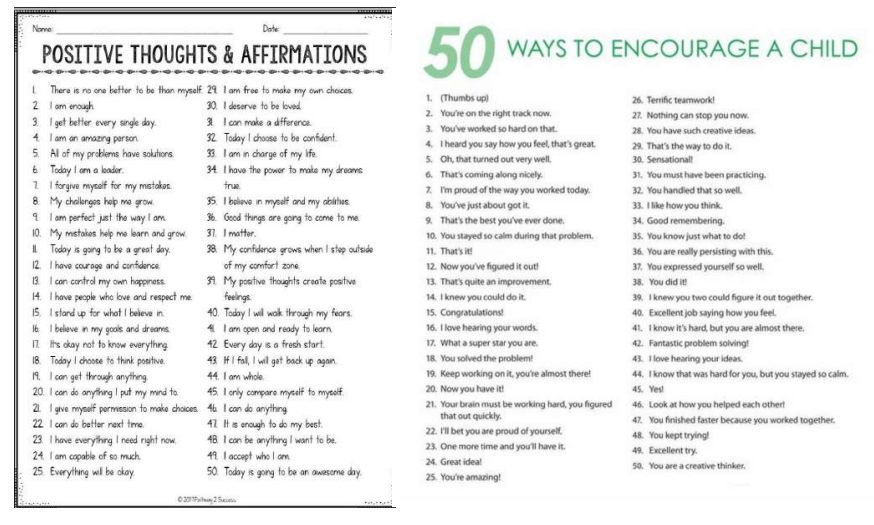 “How do you not to feel stupid when everyone else is learning something that you can’t grasp at the same pace?
“How do you not to feel stupid when everyone else is learning something that you can’t grasp at the same pace?
The shame of not being able to read out loud without stuttering or misspelling something on the blackboard in front of the class was almost unbearable. The fear of being called on by the teacher was paralyzing and made me act out and have panic attacks.
My math teacher berated me because she thought I was being careless when I accidentally reversed numbers. I spent countless hours with frustrated but well-meaning adults who wanted to help me but just thought I wasn’t trying hard enough. All of these experiences sent me the message that I was not good enough.” – Leana Greene
Shame is part of the human condition and development, but with dyslexia, it can take on a whole other dimension. Just when young children are in the process of forming their self-identity and self-worth, academic challenges, failure, and rejection can be paralyzing and trap them in a vicious cycle of low self-esteem, isolation, and self-doubt.
Few are able to talk about their situation at that age, too – so the burdens can be locked inside, challenging self-confidence and feelings of self-efficacy.
Adolescents and adults may hide their shame from even their closest family members and families, although doing so may make the matter worse.
BREAK THE NEGATIVE CYCLE AND PRACTICE SELF-COMPASSION
Breaking the cycle involves recognizing recurring patterns when self-esteem comes under attack – trigger events and then negative emotions that follow. The good news is that people can change how they respond to these episodes although it does take time.
Cognitive behavioral strategies like cognitive restructuring (questioning assumptions, identifying unhelpful ways of thinking), mindfulness training (being present in the moment, not getting caught up in external events), and constructive problem solving can all be help you recognize negative habits and behaviors that have developed that could be holding you back.
Developing self-calming and self-affirming rituals like saying “It’s ok”, “I’m fine”, or “I can do this”, can be coupled with getting up and taking a mental rest or walk to get a drink of water.
Read through the following affirmations and write down some of your own. Some people may benefit from professional help, too.
1. “The biggest and most complex obstacle I will ever have to overcome are my negatives. If I can overcome them, I can overcome anything.”
2. “I cannot control exactly what happens in life, but I can control how I respond to it all. In my response is my greatest power.”
3. “I have to accept whatever comes my way, and the only important thing is that I meet it with the best I have to give.”
4. “I will stop focusing on how stressed I am and remember how blessed I am. Complaining won’t change my reality, but a positive attitude will.”
5. “Being positive does not mean ignoring the negative. Being positive means overcoming the negative. There is a big difference between the two.”
6. “I will not get caught up in what could’ve been or should’ve been. I will look instead at the power and possibility of what is, right now.”
7. “I am not a product of my circumstances. I am a product of my decisions. It’s about not letting my fear decide my future.”
8. “I will get back up. Again, and again. The faster I recover from setbacks, the faster I’ll get to where I’m going in life.”
9. “My next step in the right direction does not have to be a big one.”
10. “Patience is a genuine expression of confidence, acceptance, serenity, and faith in my own ability. It’s a sign of strength. I will practice it.”
Read more HERE.















